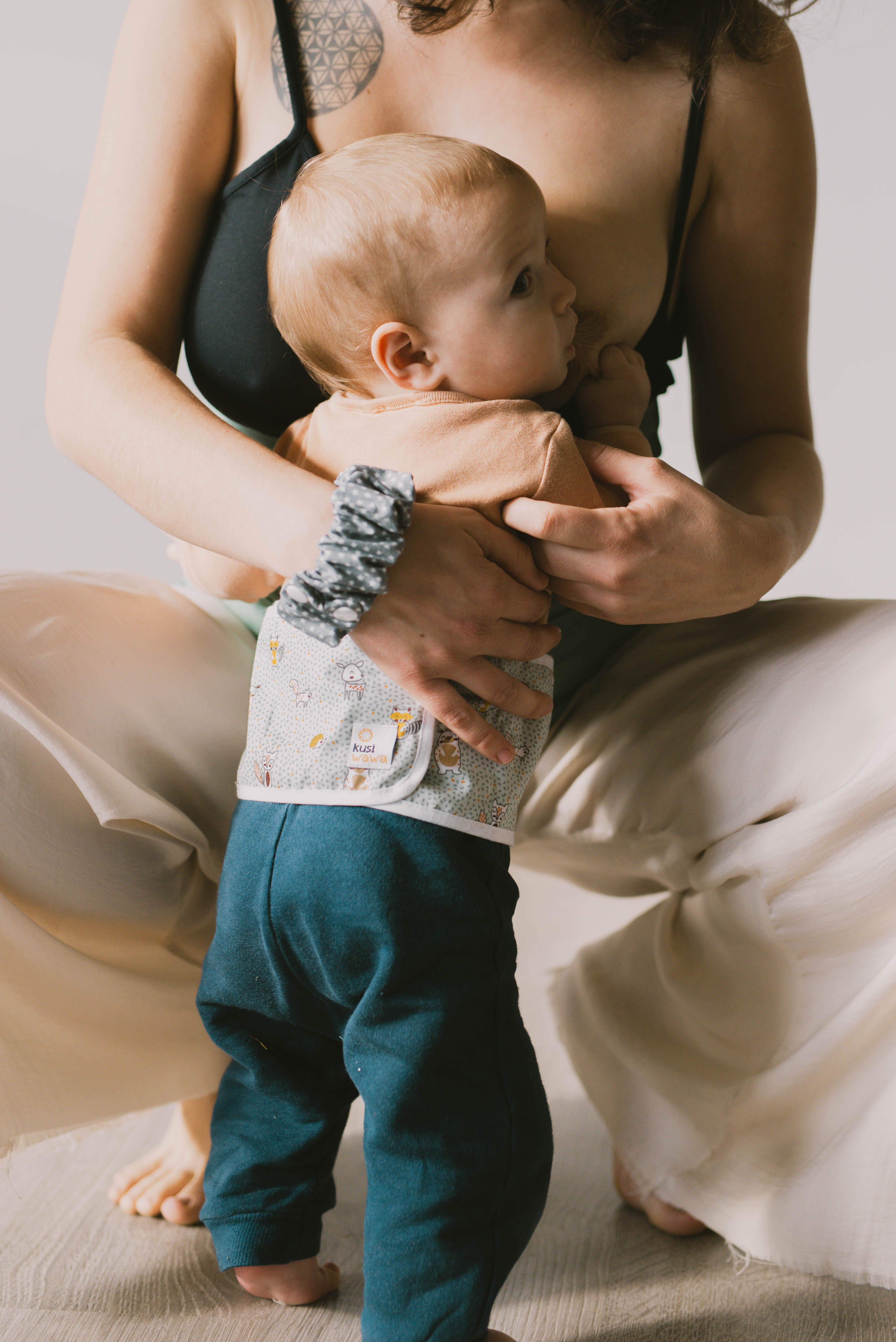Postpartum Depression
Strategies to Prevent Postpartum Depression: My Personal Experience
Postpartum is a stage full of challenges and intense emotions. One of my greatest fears was facing postpartum depression. Therefore, I informed myself thoroughly, since information provides power and freedom to choose, prevent and anticipate.
In this blog, I share the tools that helped me the most to prevent postpartum depression:
Cocoa medicine: Pure cocoa is rich in flavonoids, which can improve mood and cardiovascular health.
Capsules of my own placenta: Consuming the placenta can help balance hormones and increase energy; it is important to advise you on how to do it or find a professional who performs placenta medicine.
Skin-to-skin contact: Strengthens the emotional bond and can reduce stress levels in both mother and baby.
Use of WawaMaki: This garment provides abdominal support and thermal comfort, helping in postpartum recovery. For me, it was a hug and an act of presence in that area that suffers so much and that we often forget after childbirth.
24/7 babywearing: Carrying the baby close to the body encourages emotional connection and facilitates breastfeeding.
Contact with nature: Spending time outdoors improves mood and reduces anxiety.
Daily exposure to the sun: Sunlight is a natural source of vitamin D, essential for emotional well-being.
Family love and support: A strong support network is essential to cope with postpartum challenges.
Breastfeeding: In addition to its nutritional benefits, breastfeeding releases oxytocin, a hormone that promotes positive feelings.
Meeting spaces with other women: Sharing experiences with other mothers offers emotional support and understanding.
Activities adapted to do with babies: Maintaining an active social life prevents isolation and improves mood.
Dance: Movement and music are tools that help me connect with my body, feel emotions and transform them from a place without judgment.
Each of these tools contributed significantly to my well-being during postpartum. It's essential to remember that every experience is unique, and what works for one person may not be the same for another.
While these strategies were helpful to me, it's critical to seek professional support if you're experiencing symptoms of postpartum depression. The combination of self-care and medical assistance can make a huge difference in your recovery.
Postpartum is a stage full of challenges and intense emotions. One of my greatest fears was facing postpartum depression. Therefore, I informed myself thoroughly, since information provides power and freedom to choose, prevent and anticipate.
In this blog, I share the tools that helped me the most to prevent postpartum depression:
Cocoa medicine: Pure cocoa is rich in flavonoids, which can improve mood and cardiovascular health.
Capsules of my own placenta: Consuming the placenta can help balance hormones and increase energy; it is important to advise you on how to do it or find a professional who performs placenta medicine.
Skin-to-skin contact: Strengthens the emotional bond and can reduce stress levels in both mother and baby.
Use of WawaMaki: This garment provides abdominal support and thermal comfort, helping in postpartum recovery. For me, it was a hug and an act of presence in that area that suffers so much and that we often forget after childbirth.
24/7 babywearing: Carrying the baby close to the body encourages emotional connection and facilitates breastfeeding.
Contact with nature: Spending time outdoors improves mood and reduces anxiety.
Daily exposure to the sun: Sunlight is a natural source of vitamin D, essential for emotional well-being.
Family love and support: A strong support network is essential to cope with postpartum challenges.
Breastfeeding: In addition to its nutritional benefits, breastfeeding releases oxytocin, a hormone that promotes positive feelings.
Meeting spaces with other women: Sharing experiences with other mothers offers emotional support and understanding.
Activities adapted to do with babies: Maintaining an active social life prevents isolation and improves mood.
Dance: Movement and music are tools that help me connect with my body, feel emotions and transform them from a place without judgment.
Each of these tools contributed significantly to my well-being during postpartum. It's essential to remember that every experience is unique, and what works for one person may not be the same for another.
While these strategies were helpful to me, it's critical to seek professional support if you're experiencing symptoms of postpartum depression. The combination of self-care and medical assistance can make a huge difference in your recovery.

